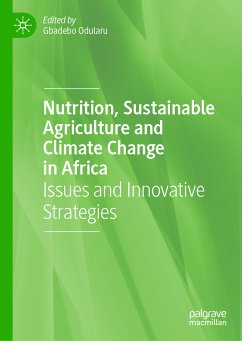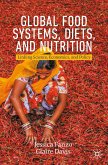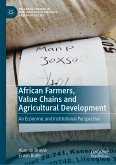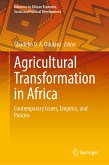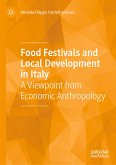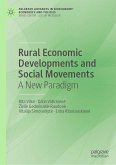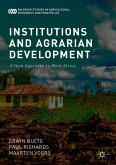In Sub-Saharan Africa, the rapidly evolving COVID-19, increasing population growth, and exponential expansion in demand for agricultural commodities are putting pressure on available resources, thereby posing immense challenges to the region's capacity to achieve nutritional security related to United Nations Sustainable Development Goals (SDGs). Although Sub-Saharan Africa boasts vast, fertile and uncultivated arable lands, its capacity to contribute to feeding its current and future population is being seriously undermined by factors such as poor adoption and utilization of innovations and digital tools, climate change impact, environmental degradation, weak political will, limited interest in farming, lack of government support, and more. In spite of these constraints, sustainable agriculture, food security and nutrition security in Sub-Saharan Africa can be achieved by adopting a multi-pronged approach, which includes improved agricultural mechanization, adoption of high yielding crop varieties, use of information technology, public investments in improved technologies, and rural infrastructure funding. This edited volume provides innovative policy tools for enhancing Sub-Saharan Africa's capacity to achieve sustainable agriculture, food security and nutrition security in the digital age and in the face of climate variability. Furthermore, this book presents smart strategies for increased agricultural production, reduced food waste, and enhanced nutritional outcomes by harnessing the latest discoveries in agricultural research, education and advisory services.
Gbadebo Odularu teaches Economics at Bay Atlantic University, Washington DC. He is the Trade and Digitization Research and Practice Leader at Socio-Economic Research Applications & Projects (SERAP LLC), Washington, DC. In addition to being a Non-Resident Fellow (NRF) at the Centre for the Study of the Economies of Africa (CSEA), Nigeria, Gbadebo Odularu is affiliated with the Center for Research on Political Economy (CREPOL), Senegal, Old Dominion University, Virginia, as well as the American Heritage University of Southern California (AHUSC). He works closely with national, continental and international partners to provide evidence-based policy tools for fostering sustainable agriculture and digital economy towards realizing the United Nations Sustainable Development Goals (UN SDGs) 2030. One of his most recent books is Strategic Policy Options for Bracing Nigeria for the Future of Trade (Palgrave Macmillan, 2020).
Dieser Download kann aus rechtlichen Gründen nur mit Rechnungsadresse in A, B, BG, CY, CZ, D, DK, EW, E, FIN, F, GR, HR, H, IRL, I, LT, L, LR, M, NL, PL, P, R, S, SLO, SK ausgeliefert werden.

